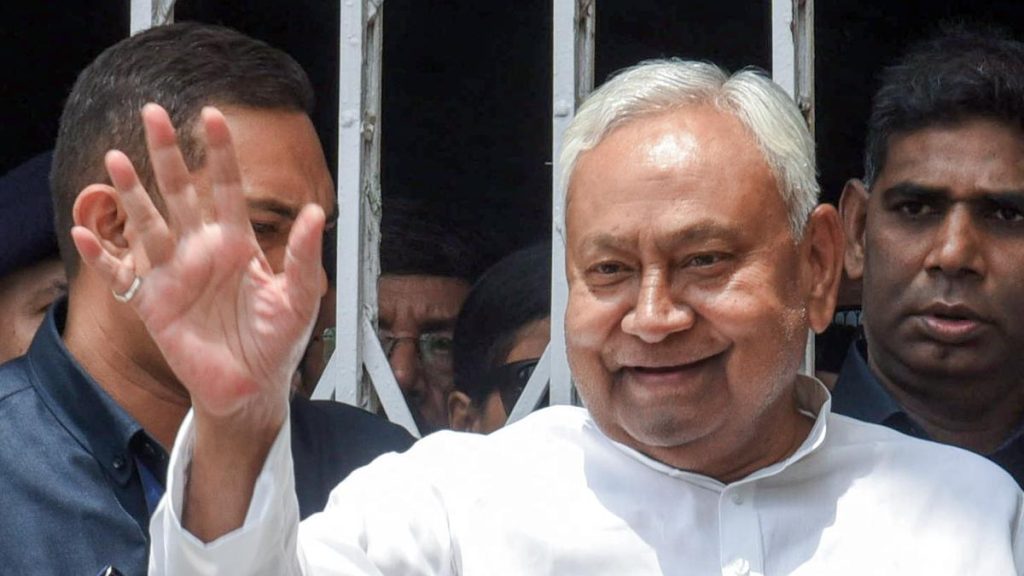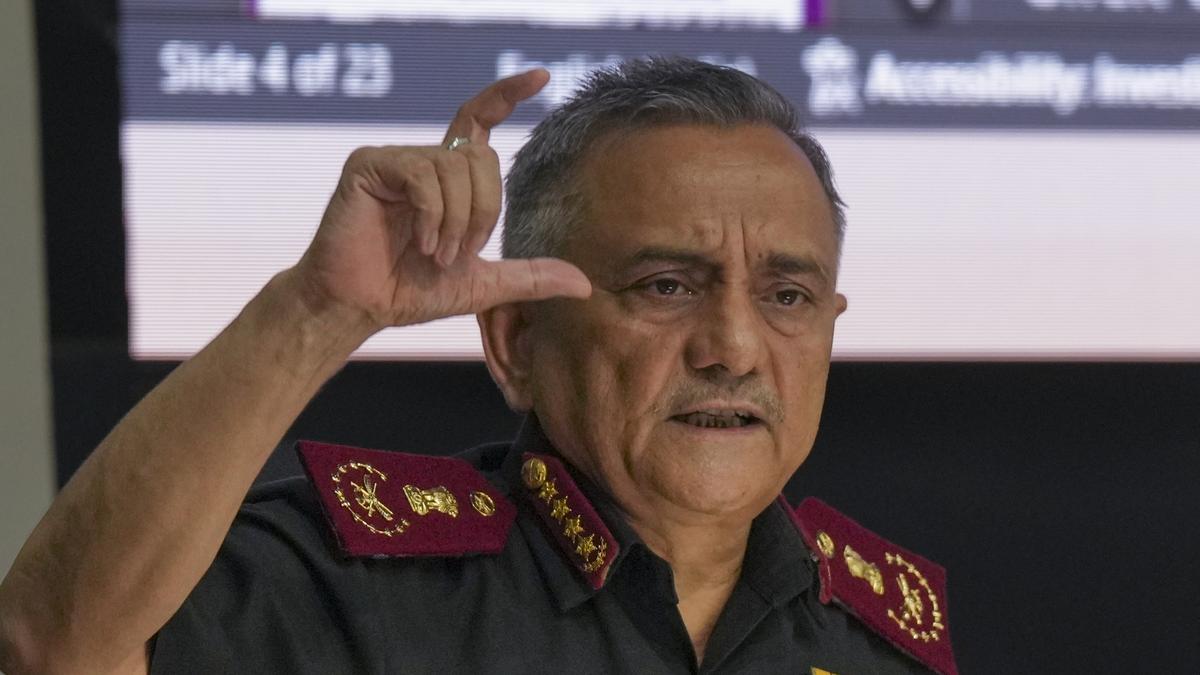Now Reading: Kairali AI Chip Developers Refute Allegations, Highlight Support from MeitY and Kerala Government
-
01
Kairali AI Chip Developers Refute Allegations, Highlight Support from MeitY and Kerala Government
Kairali AI Chip Developers Refute Allegations, Highlight Support from MeitY and Kerala Government
Swift Summary:
- Developers of Kerala’s first silicon-proven AI chip, the Kairali AI Chip, emphasized that it is indeed an academic research initiative rather than a commercial product.
- The chip prototype was developed by Master’s and PhD students under limited resources as part of the Ministry of Electronics and Information Technology’s (MeitY) “Chip to Startup (C2S)” programme.
- The growth utilized open-source tools,including platforms like Efabless,Skywater,and Google technologies with 130nm fabrication processes.
- Allegations were raised by the Save University Campaign committee (SUCC), claiming lack of clarity in development, absence of patents or commercial validation, misuse of public funds, and failure to communicate progress to Central authorities amidst national semiconductor investments.
- Developers denied these allegations citing multiple reviews under MeitY’s C2S programme and highlighting notable achievements such as modular tape-outs for real-world training purposes and international recognition for innovative low-power bio-inspired AI applications.
- Prof. Alex James’ team also received limited access from TSMC for selective ReRAM designs-privileged support generally provided only to elite researchers worldwide.
Indian Opinion Analysis:
The Kairali AI Chip initiative showcases India’s advancing capabilities in technology innovation despite constrained funding. Its development at a State-funded institution underscores efforts toward self-reliance in semiconductor design-a critical sector within the larger “Digital India” mission. While SUCC’s concerns regarding transparency highlight governance challenges tied to public projects funded by taxpayer money, developers’ statements about stringent validations through MeitY programmes demonstrate commitment toward maintaining accountability.
This case raises broader implications for india’s semiconductor ecosystem-not only does it point out issues with coordination between State-funded initiatives and federal strategies like semiconductor investments but also stresses the importance of fostering research-driven projects that provide hands-on experience vital for training skilled professionals locally. Balancing these priorities could pave India’s path toward becoming a global tech leader without overburdening existing financial structures.
For further details: Read More
























